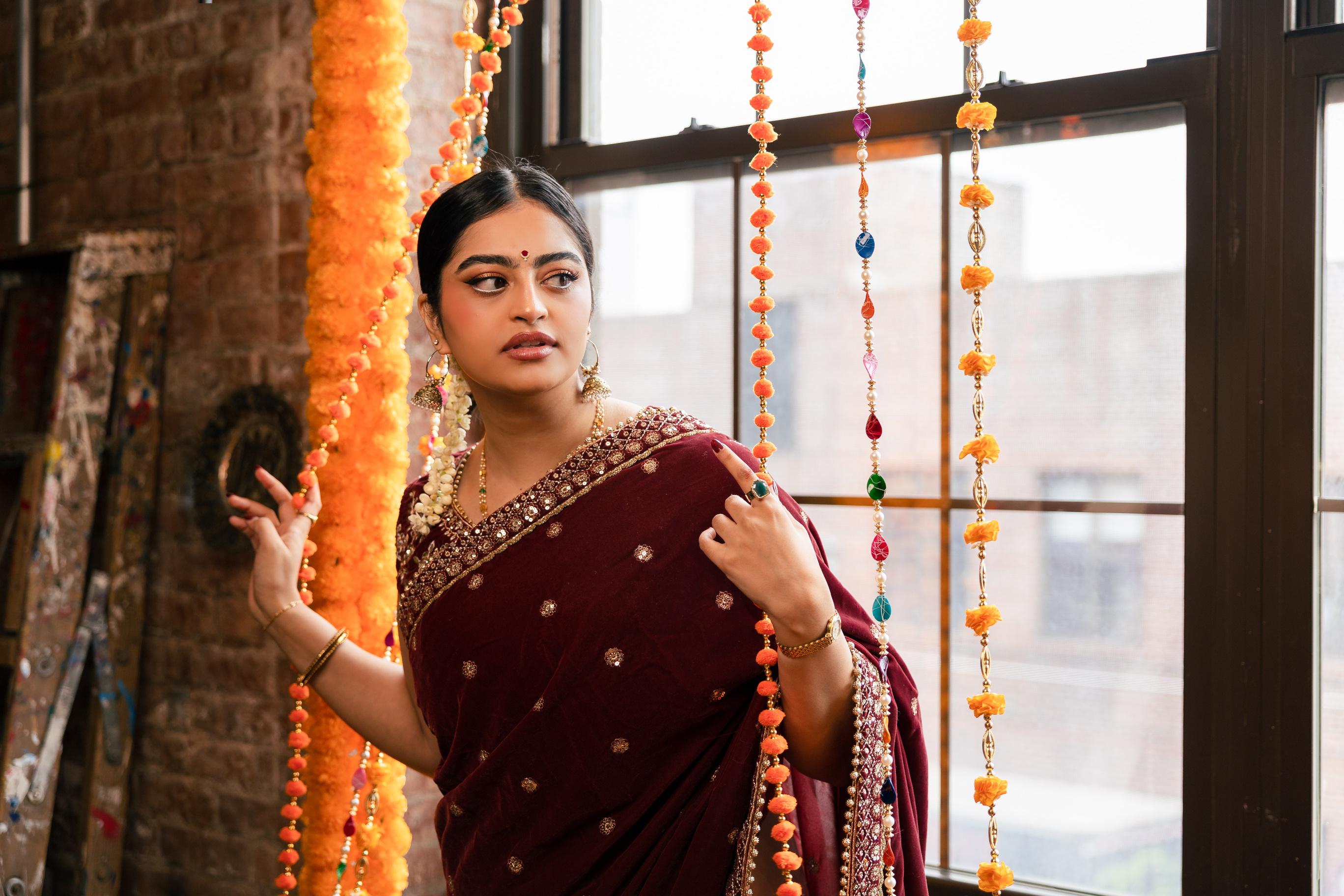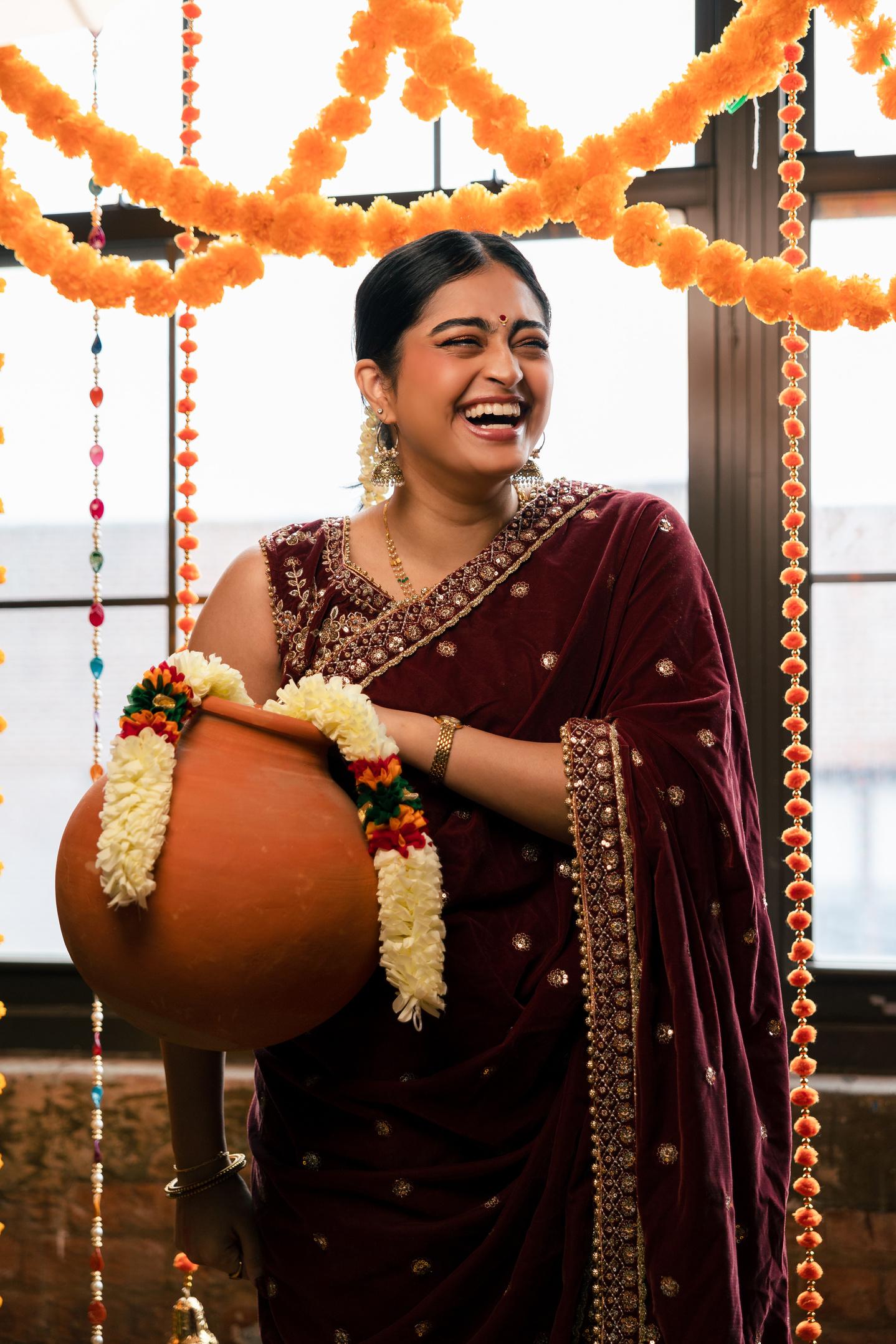
1 minute read
W H A T I S I N D I A ?
I grew up in a space where the perception of India was postcolonial. Somehow a region with dozens of languages and hundreds of ethnic groups was connected by an arbitrary border that was drawn by a third party group. Growing up, I faced a lot of confusion navigating this, even when I started undergrad and made a lot more Indian friends. I never expected to sit in a room of people who were also children of the diaspora and defend my experiences as someone who was South Indian. We were all “Indian” but there were differences in the holidays we celebrated, the languages we spoke, and the food we ate.
One of the first responses I will get when I discuss negative experiences I have had as someone who is South Indian, is some variation of “Why are you dividing us? Shouldn’t you work on unifying us instead of pushing a divide?” That begs the question, why is it pushing a divide when communities that have normally not been at the forefront finally start to speak about their grievances?
Advertisement
I also speak from the standpoint of someone who may be South Indian, but is also incredibly privileged. I can’t speak for or represent the dozens of other communities that have otherwise been marginalized or face certain systemic barriers, and I won’t try to.
To me, India is anything but homogenous, it is rich with diversity. It is a diversity that deserves to be recognized and appreciated, but as it stands, there are many people who feel similarly to me- compelled to identify as something other than “just Indian”, in order to validate experiences that have often been overlooked.












